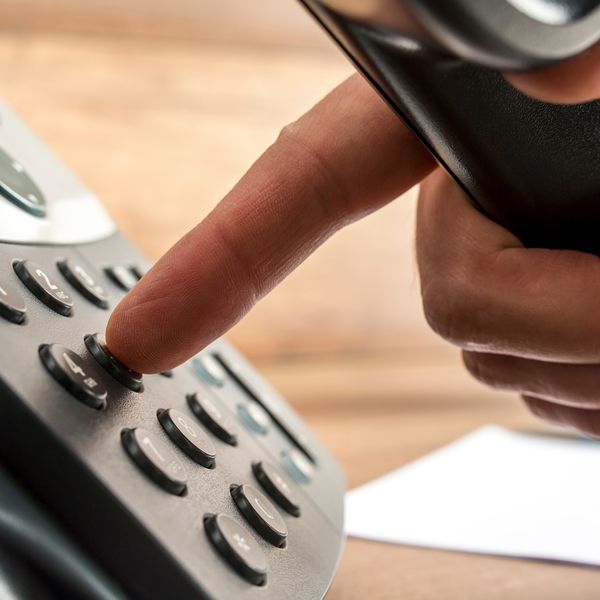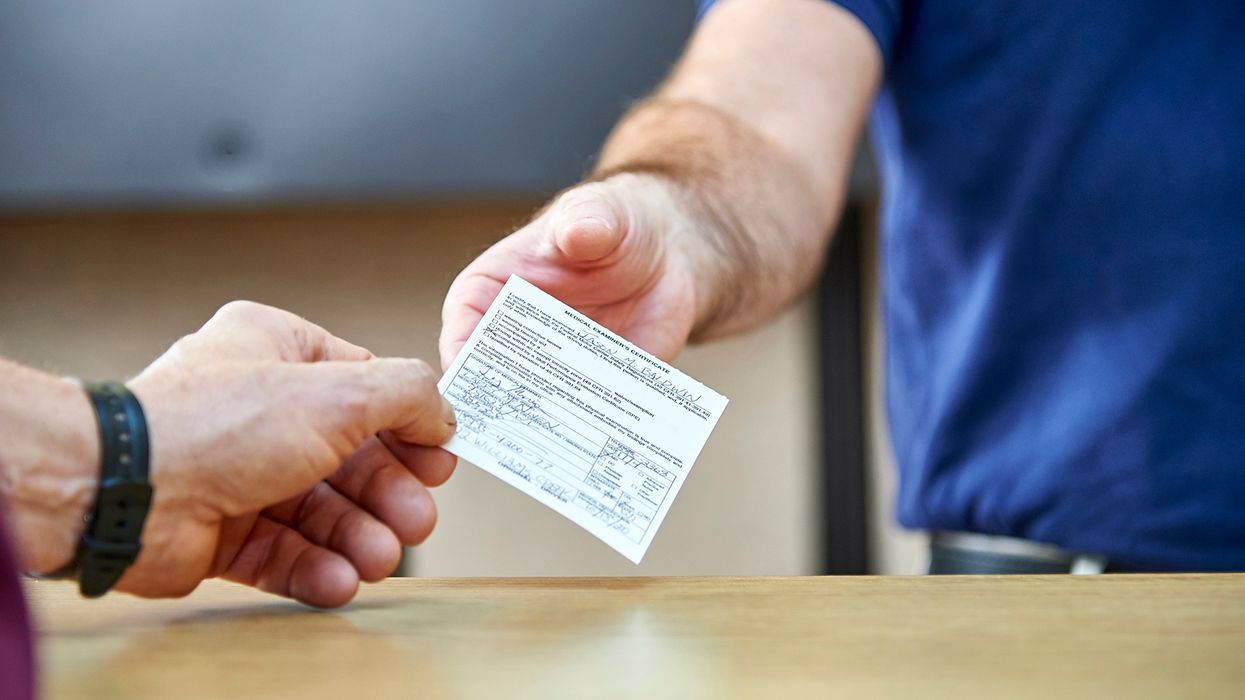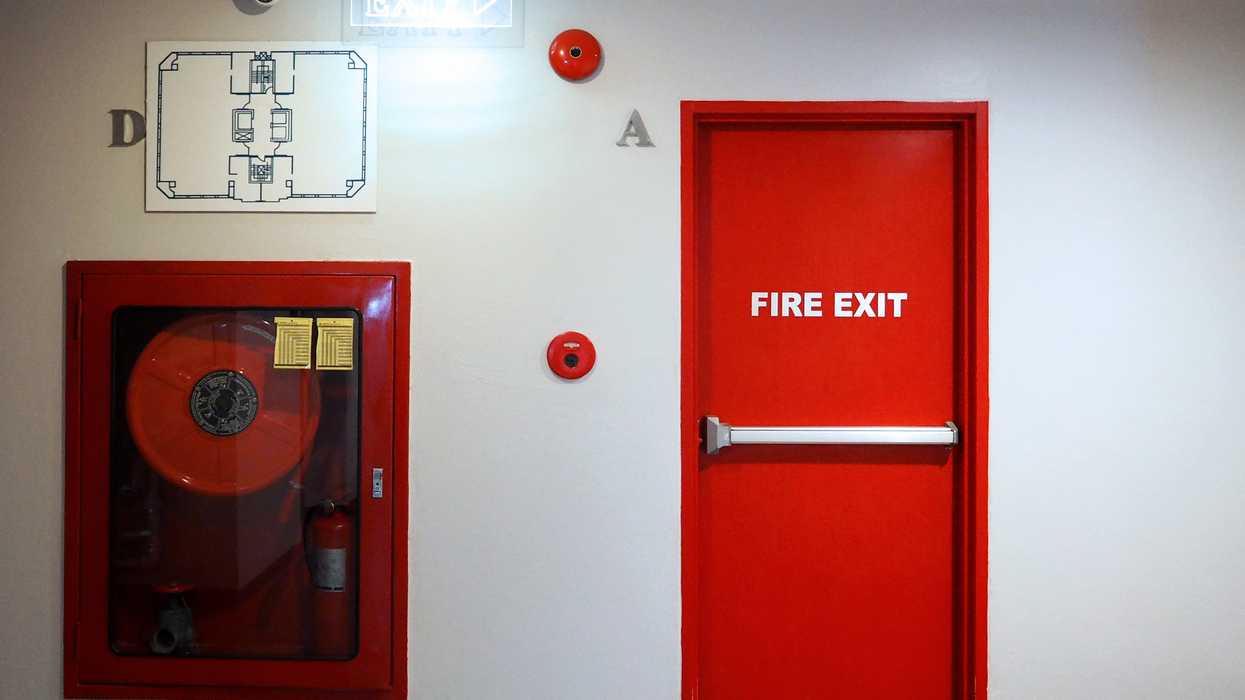When rules are bent, a policy might not hold up in court
A manufacturer in West Virginia has a written policy requiring employees who will be late or absent to notify their supervisor via a designated call-in line at least 30 minutes before their shift. The policy further states that termination for job abandonment will result if an employee misses three consecutive shifts without calling in.
And that’s technically what happened to one of the company’s assembly-line workers.
But the worker claimed the firing was unjust because a supervisor had been informed, just not in the manner spelled out by the policy.
The back story
The worker in this case was on Family and Medical Leave Act (FMLA) leave after an emergency appendectomy. The worker and supervisor had communicated about the situation using a social media messaging app.
After returning to work for four days, the worker experienced pain and informed the supervisor, again using the messaging app. The worker was hospitalized a second time and messaged the supervisor. While the app’s read receipts show the supervisor saw the messages, there was no response.
A few days later the worker was terminated for job abandonment. The worker sued the company for FMLA interference.
The company’s argument
The company said the firing was justified because the worker did not follow its policy when social media messaging, and not the designated call-in line, was used to communicate the need for time off.
The court’s conclusion
The FMLA generally allows employers to require that workers follow the company’s “usual and customary” procedures for requesting leave. And if an employee fails to do so, then “FMLA-protected leave may be delayed or denied,” the court explained.
The question here was whether the employee used a “usual and customary” method to notify the company of his need for leave when he was hospitalized the second time.
The company said no because the designated call-in line was not used.
The Fourth Circuit disagreed, saying “usual and customary” procedures can include “any method” that the company has “regularly accepted,” whether by “informal practice” or as listed “in the employer’s written attendance policy.”
The worker said the supervisor was notified about the need for additional FMLA leave through the message app – a channel they had used multiple times without incident. And the messages showed that the worker and supervisor “routinely discussed” the appendicitis and resulting hospital stays over that medium.
Also, neither the supervisor nor the company had disciplined the worker for using the app to communicate about leave or attendance. That was enough to plausibly allege the worker had notified the company through “usual and customary” procedures, the court held.
Lessons for HR
This whole situation could have been avoided if the company had trained supervisors on its call-in policy and insisted that the policy be followed in all situations. Had that been made clear to the supervisor, the first time the worker messaged regarding time off, the worker would have been told to use the proper call-in procedure as outlined by the policy.
Key to remember: Policies aren’t worth the paper they are written on if they are not followed. Not following your own policies can be just as bad – or even worse – than having no policy at all.























































